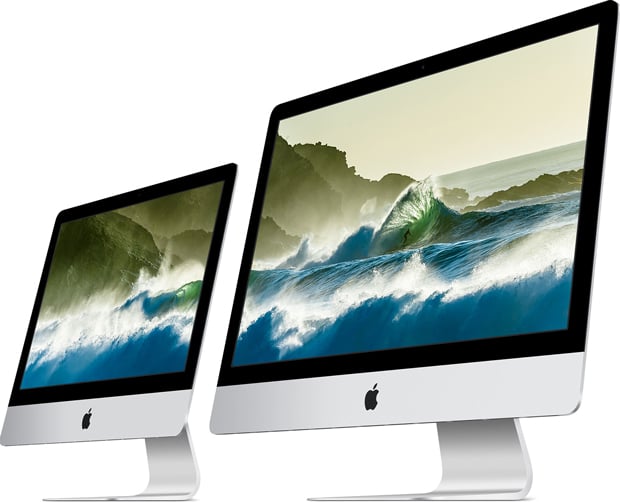Apple Reportedly Developing Three New Macs With Custom ARM Co-Processors
The news that Apple will incorporate more of its own, in-house chip designs into its products should come as no surprise given that the iPhone, iPad and Apple Watch are all primarily powered by Apple silicon. In addition, devices like the iPhone include Apple-designed co-processors (M11 in the case of the iPhone 8 family and iPhone X), and secure elements for storing fingerprint data. Even the AirPods feature a custom W1 chip.
More recently, Apple has extended its custom silicon to the Mac family of computers. The MacBook Pro (13- and 15-inch models) with Touch Bar feature a custom Apple T1 chip that performs authentication for Touch ID and handles secure payment processing for Apple Pay. The ultra-expensive iMac Pro includes the Apple T2 processor, which handles a host of mundane functions that would be typically be handled by a multitude of third-party chips. Apple writes:
By redesigning and integrating several controllers found in other Mac systems — like the system management controller, image signal processor, audio controller, and SSD controller — T2 delivers new capabilities to the Mac. For instance, the T2 image signal processor works with the FaceTime HD camera to enable enhanced tone mapping, improved exposure control, and face detection–based auto exposure and auto white balance.
T2 also enables AES hardware SSD encryption (with no performance penalty) and allows for secure boot to ensure that low-level software hasn't been attacked by malware.

It is unknown if the upcoming Mac computers will adopt the T2 processor from the Mac Pro, or if an announced T3 with even more integrated functions (perhaps incorporating the functionality from both the T1 and T2) will be used in the computers. Whatever the case, Apple is increasingly looking to cut out third-party manufacturers for components wherever it makes the most logistical and financial sense.
Could that mean in the future that Apple's entire portfolio of products are powered by custom ARM processors, completely abandoning Intel on the Mac side of things? That seems like a plausible end-game for Apple, but the question is how long will it take the company to get there?


